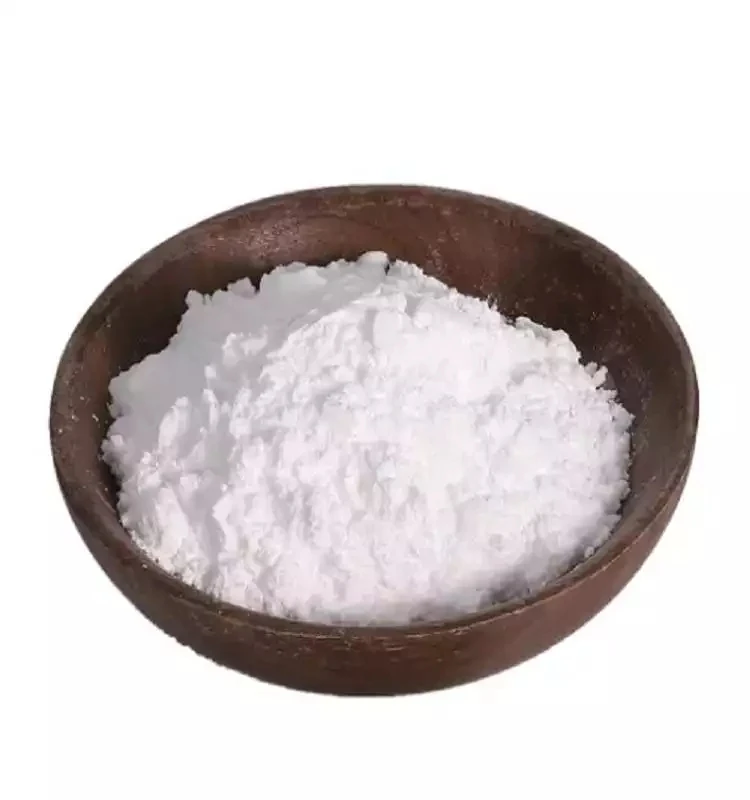Warning: Undefined array key "title" in /home/www/wwwroot/HTML/www.exportstart.com/wp-content/themes/1198/header.php on line 6
Warning: Undefined array key "file" in /home/www/wwwroot/HTML/www.exportstart.com/wp-content/themes/1198/header.php on line 7
Warning: Undefined array key "title" in /home/www/wwwroot/HTML/www.exportstart.com/wp-content/themes/1198/header.php on line 7
Warning: Undefined array key "title" in /home/www/wwwroot/HTML/www.exportstart.com/wp-content/themes/1198/header.php on line 7
- Afrikaans
- Albanian
- Amharic
- Arabic
- Armenian
- Azerbaijani
- Basque
- Belarusian
- Bengali
- Bosnian
- Bulgarian
- Catalan
- Cebuano
- China
- China (Taiwan)
- Corsican
- Croatian
- Czech
- Danish
- Dutch
- English
- Esperanto
- Estonian
- Finnish
- French
- Frisian
- Galician
- Georgian
- German
- Greek
- Gujarati
- Haitian Creole
- hausa
- hawaiian
- Hebrew
- Hindi
- Miao
- Hungarian
- Icelandic
- igbo
- Indonesian
- irish
- Italian
- Japanese
- Javanese
- Kannada
- kazakh
- Khmer
- Rwandese
- Korean
- Kurdish
- Kyrgyz
- Lao
- Latin
- Latvian
- Lithuanian
- Luxembourgish
- Macedonian
- Malgashi
- Malay
- Malayalam
- Maltese
- Maori
- Marathi
- Mongolian
- Myanmar
- Nepali
- Norwegian
- Norwegian
- Occitan
- Pashto
- Persian
- Polish
- Portuguese
- Punjabi
- Romanian
- Russian
- Samoan
- Scottish Gaelic
- Serbian
- Sesotho
- Shona
- Sindhi
- Sinhala
- Slovak
- Slovenian
- Somali
- Spanish
- Sundanese
- Swahili
- Swedish
- Tagalog
- Tajik
- Tamil
- Tatar
- Telugu
- Thai
- Turkish
- Turkmen
- Ukrainian
- Urdu
- Uighur
- Uzbek
- Vietnamese
- Welsh
- Bantu
- Yiddish
- Yoruba
- Zulu
Dec . 11, 2024 10:16 Back to list
Understanding the Uses and Benefits of Propylene Glycol in Various Industries
Understanding Propylene Glycol Uses, Benefits, and Safety
Propylene glycol, a synthetic organic compound with the chemical formula C3H8O2, is a colorless, odorless liquid that is widely used across various industries. With its versatile properties, propylene glycol has become a staple ingredient in food production, pharmaceuticals, cosmetics, and industrial applications. This article will explore the uses, benefits, safety considerations, and potential alternatives of propylene glycol.
Uses of Propylene Glycol
1. Food Industry Propylene glycol is utilized as a food additive, primarily functioning as a solvent for flavorings and colorants. It is also employed as a humectant, helping to retain moisture in food products. Its ability to dissolve flavors and enhance texture makes it a common ingredient in salad dressings, sauces, and baked goods.
2. Pharmaceuticals In the pharmaceutical industry, propylene glycol serves multiple purposes, including being a solvent for oral, injectable, and topical medications. It is also used in cough syrups, as it effectively dissolves active ingredients. Furthermore, its low toxicity profile makes it a favorable choice for various formulations.
3. Cosmetics and Personal Care The cosmetic industry relies heavily on propylene glycol for its properties as a moisturizer and emollient. It helps to retain moisture in skin care products, shampoos, and deodorants, enhancing the overall texture and performance. The compound also acts as a preservative, extending the shelf life of many cosmetic products.
4. Industrial Applications Beyond consumer products, propylene glycol is employed in antifreeze formulations and de-icing solutions due to its ability to lower the freezing point of water. It is also used in hydraulic fluids and as a coolant in industrial settings, highlighting its versatility in various applications.
Benefits of Propylene Glycol
propylene glycol in

The widespread use of propylene glycol can be attributed to its numerous advantages. Firstly, it is recognized for its low toxicity, making it safer for consumption and topical application compared to other chemical compounds. Furthermore, propylene glycol is hygroscopic, meaning it can absorb moisture from the environment, which is beneficial in both food preservation and cosmetic formulations.
Additionally, its ability to dissolve a wide range of substances enhances the effectiveness of products it is included in, whether in flavoring, medication delivery, or moisturizing effects. The compound is also biodegradable, which contributes to its appeal in an environmentally conscious market.
Safety Considerations
While propylene glycol is considered safe for use, it is essential to understand potential side effects and allergic reactions, although these are rare. Some individuals may experience skin irritation, particularly when using products with high concentrations of the compound. It is crucial to consult with healthcare professionals for guidance, especially when incorporating high-dose medications or dietary supplements containing propylene glycol.
The FDA has categorized propylene glycol as Generally Recognized as Safe (GRAS) when used in food and pharmaceuticals, reinforcing its safety in regulated amounts. Nevertheless, consumers should always read product labels, especially if they have known sensitivities or allergies.
Conclusion
In summary, propylene glycol is a versatile compound widely used in various industries for its unique properties. From enhancing food and pharmaceutical products to acting as a moisturizer in cosmetics, its advantages are clear. However, as with any substance, it is vital to be aware of safety considerations and potential sensitivities. As the demand for safe and effective ingredients continues to rise, propylene glycol will likely remain an essential component in many formulations. As consumers become increasingly informed about what they use, transparency and education regarding the ingredients in their products will be paramount in making informed choices.
Latest news
-
Certifications for Vegetarian and Xanthan Gum Vegetarian
NewsJun.17,2025
-
Sustainability Trends Reshaping the SLES N70 Market
NewsJun.17,2025
-
Propylene Glycol Use in Vaccines: Balancing Function and Perception
NewsJun.17,2025
-
Petroleum Jelly in Skincare: Balancing Benefits and Backlash
NewsJun.17,2025
-
Energy Price Volatility and Ripple Effect on Caprolactam Markets
NewsJun.17,2025
-
Spectroscopic Techniques for Adipic Acid Molecular Weight
NewsJun.17,2025

